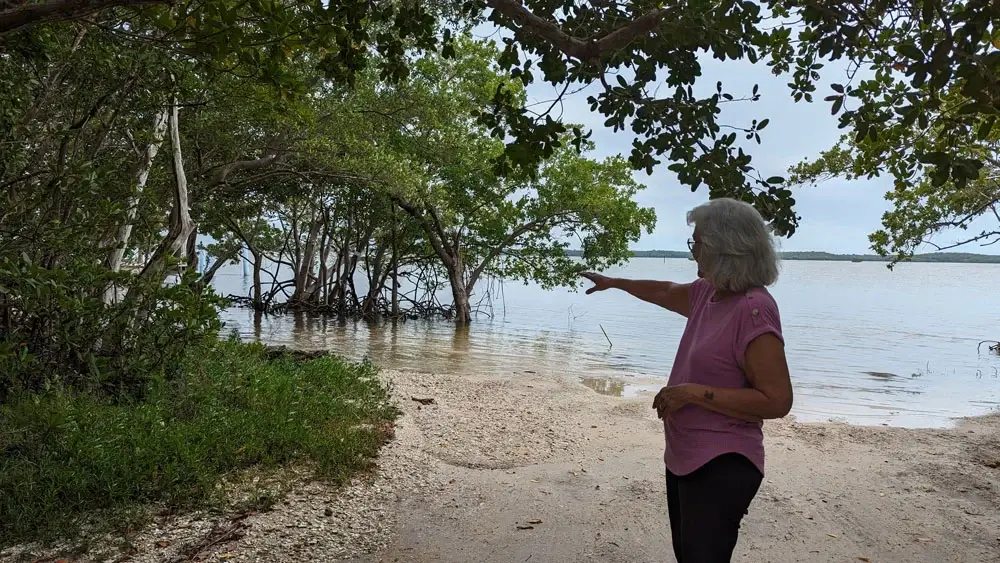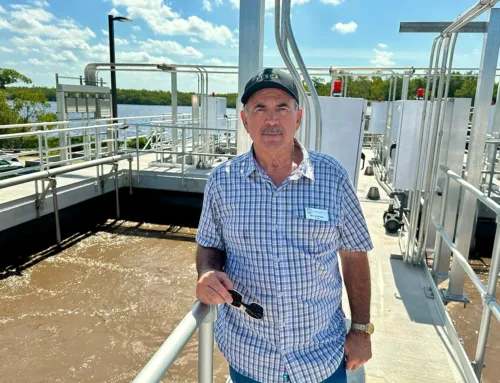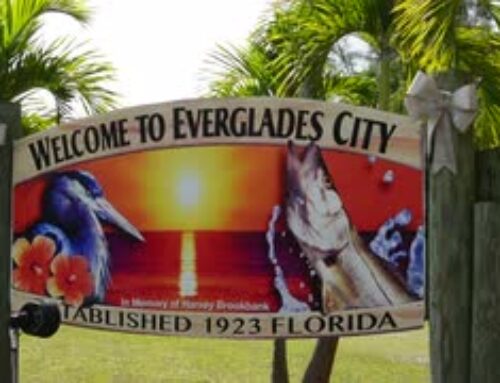Everglades City
In an age where information spreads like wildfire, the role of the media as a gatekeeper of truth and accuracy is more critical than ever. However, recent events on Chokoloskee Island in Florida have highlighted a disturbing trend: news reporters failing to verify their content before disseminating it to the public.
The catalyst for this concern stems from a recent news report on illegal mangrove cutting, based on an anonymous tip received by the Florida Department of Environmental Protection (DEP). The reporter claimed to have investigated the matter, yet it appears that the investigation was not thorough. The property showcased in the report belonged to Glenda, who had just completed restoration work following hurricane damage, with full approval from the DEP.
Glenda’s distress was palpable, as the report not only falsely implicated her in illegal activity but also undermined her efforts to restore her property.

Moreover, the reporter’s narrative, suggesting that the mangrove cutting was the result of newcomers from the north with disregard for the law, further fueled tensions in the community. However, local residents refute this claim, asserting that the issue involves locals cutting mangroves on their own and others’ properties.
The heart of the matter lies in the lack of due diligence by the reporter. Rather than diligently verifying facts, the reporter opted for sensationalism, resulting in national and regional attention. This irresponsible approach not only damages the credibility of the media but also has tangible effects on communities and individuals.
It is disheartening to witness the media, an institution meant to serve as a trusted ally, succumbing to sensationalism for the sake of ratings and recognition.
Efforts to reach out to the reporter for clarification have yielded no response.






